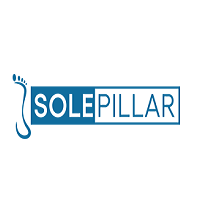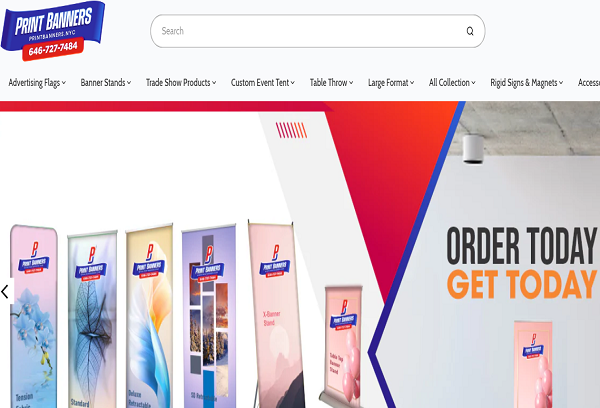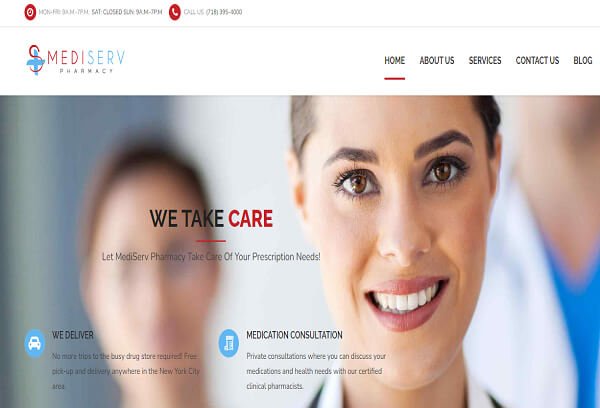Google’s SEO Advice for Accelerating New Site Visibility
- October 15, 2024
- SEO
John Mueller from Google shared a valuable technical SEO tip for individuals launching a new website. This advice aims to enhance your site’s chances of being indexed by Google more quickly by steering clear of a frequent mistake.
Key Focus During Site Launch
Launching a new website presents an opportunity to leverage insights gained from past experiences. Failure serves as a powerful teacher, ensuring that the lessons learned from errors are etched in memory.
Recently, an individual who registered a new domain initiated a discussion on Reddit, seeking advice on the top three essential factors for successfully launching a website before any actions are taken. This individual specifically excluded the straightforward step of adding the domain to Google Search Console and emphasized that the niche or business type was irrelevant. What truly mattered were the recommendations that would significantly boost traffic within the first six months of the website’s operation.
The query posed was:
“Imagine you have a brand-new domain, and your objective is to drive traffic within the next six months. The niche or business is irrelevant, and the basics, such as ‘adding the domain to Google Search Console,’ are not a priority. What are the top three high-priority actions you would implement?”
The Most Popular Response
It was somewhat unexpected that the most highly voted response, receiving 83 votes, consisted of rather elementary suggestions.
The top-rated answer was:
“Develop landing pages and content focusing on your lowest funnel keyword opportunities, then gradually expand your efforts.”
It’s a given that the site’s information architecture should be meticulously planned in advance, considering elements such as keywords, topics, essential pages, a comprehensive organizational map of categories with space for expanding topical coverage, and an interlinking strategy. While the upvoted response is indeed correct, it is also quite basic.
Additionally, the remainder of that well-received reply included:
“Establish your brand presence on leading social media platforms. Create the easiest citations and directories that are known to be indexed, as well as those relevant to your niche. Initiate a reactive digital PR campaign as your primary link-building strategy.”
The straightforward nature of that popular answer contrasts sharply with the deeper insights found in Mueller’s response.
John Mueller’s SEO Preparation Insights
John Mueller provided excellent advice that highlights a technical aspect often overlooked. He stated:
“Just a thought – if your site isn’t prepared, either disable DNS or set up a custom holding page. Avoid using a generic server or CMS holding page. A site recognized as parked or duplicate typically takes longer to be acknowledged as a standard site compared to one that is initially picked up.”
Understanding DNS
DNS, or Domain Name System, refers to the backend process that translates a domain name into the IP address where the actual content resides. All content is linked to an IP address, not the domain name itself, which merely directs to the content’s location. By keeping DNS disabled, Google does not detect the domain pointing to any content, rendering it essentially non-existent.
Avoid Using Generic Server or CMS Holding Pages
A generic server holding page functions similarly to a parked domain; it sends a misleading signal to Google that something exists at the IP address associated with the domain name.
Mueller’s advice regarding disabling DNS and refraining from using a generic holding page aims to prevent the domain name from resolving to a holding page (assuming that the registrar’s holding page is also deactivated). This strategy stops Google from detecting the domain and encountering a generic “nothing here” message.
According to Mueller, if a generic version is never activated, Google will recognize and index the site more quickly, as the domain effectively appears non-existent.
Therefore, if your goal is to have your website indexed promptly, it is advisable not to use a generic holding page.
Additional Considerations
Based on my experience creating numerous brands and websites, I have some recommendations for setting up a new site. This is a prime opportunity to apply lessons learned from previous projects. Here are a few key points to consider when planning a new website:
- Establish a Defensive Barrier Around Your Domain
A moat, in a literal sense, is a deep water-filled trench built around a castle to fend off invaders. Similarly, I always ensure to register various domain name variations.
Singular and Plural Domains: If your domain features a singular word, check if the plural version is available for registration. For instance, if your domain is LauraWebDesign.com, it would be wise to register LauraWebDesigns, LaurasWebDesigns, and LaurasWebDesign. This practice helps prevent others from creating a business with a similarly confusing domain name.
Register Available gTLDs (and Others): General Top-Level Domains include .com, .net, and .org. If you have secured the .com version, register the other available variations. In some cases, it may also be beneficial to register country code domains (cTLDs) like .co or other Top-Level Domains (TLDs) such as .ai.
Register Variations in Word Order: Occasionally, altering the sequence of words can create a similar domain name, like WebDesignLaura versus LauraWebDesign. If you suspect that another business might register it, it’s best to do so yourself first.
• Plan for Expansion
It’s common for individuals to unintentionally confine themselves to a single topic when selecting a domain name, as it may appear more conducive to higher conversions and trust. However, after a few years, they may wish to branch out into related areas, only to find themselves restricted by their niche-specific domain.
This is why I prefer broader brand names and general domains, which allow for the inclusion of more topics. Instead of limiting yourself to a running shoe domain, consider acquiring a brand-name shoes domain or one that doesn’t specifically mention shoes. I always evaluate how a domain might restrict future growth before making a commitment, ensuring that I can easily create additional categories if needed.
• Develop a Symbol for the Site
Another strategy I employ is to create a distinctive mascot or symbol that embodies the site, suitable for use as a 64×64, 32×32, or 16×16 icon. I’ve invested in artists and graphic designers to craft original images for me, with the highest expenditure being $1,200 for a collection of images. However, the cost doesn’t need to be that high; what’s essential is that the artwork is unique and visually appealing. Ideally, it should also look good on merchandise like hats, t-shirts, or mugs, and resonate with people. Given that people are inherently visual, I have found significant success in using symbols to represent my brands.
Numerous Factors to Consider Before Launching a Site
As demonstrated, there are many aspects to contemplate before launching a site that go beyond the basic steps like keyword research. John Mueller’s suggestions are directly linked to SEO and merit serious consideration.
At Earn SEO, we pride ourselves on being New York’s No. 1 search engine marketing company. Our expert team is dedicated to helping businesses enhance their online visibility, build a strong brand reputation, and drive targeted traffic. Whether you’re launching a new site or looking to improve an existing one, our tailored strategies ensure that your website achieves its full potential in search engine rankings. Connect with us today and take the first step toward elevating your online presence!
Earn SEO was established in 2011 by Devendra Mishra, a highly educated professional with varied training and experience. Mr. Mishra is responsible for business development, attracting new Earn SEO partners, and interacting with clients, the media and press, and acting as Brand Ambassador.
Devendra Mishra
Founder





































